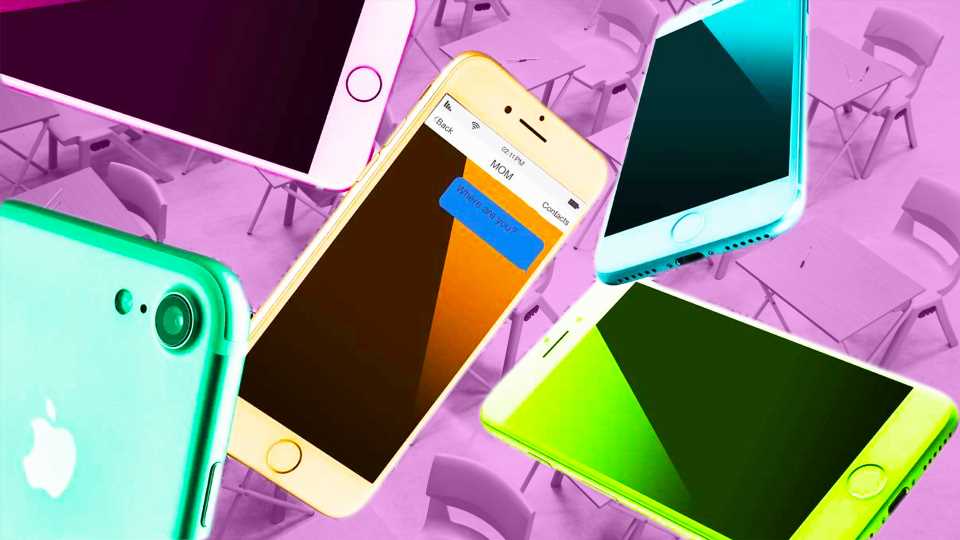Here’s some news that will make you think before you hit the “favorite” button on Instagram: A new study has found that teenagers who spend upwards of three hours a day on social media may be at a higher risk of mental health problems.
The study, conducted by researchers at John Hopkins University and published in JAMA Psychiatry, examined more than 6,500 U.S. teenagers’ social media usage over three years. Over time, they discovered an alarming trend. Those who engaged with online platforms for three hours or more were more likely to have issues with internalization than their peers who didn’t. As a result, these teens sometimes suppressed their feelings, including feelings of anxiety and depression, ultimately hindering them from getting the preventative help they need.
The findings, while upsetting, may not come as a huge surprise. Multiple studies, including one conducted by researchers at the University of Pennsylvania, have found a link between loneliness, diminished self-esteem, and social media usage amongst young adults. The reasoning may vary. For some, the need to get “likes” is all-consuming, while others fixate on the exciting lives they perceive everyone else living (you can call this a mixture of FOMO and envy). Even celebrities such as Kate Winslet and Emma Stone, who by all means live glamorous lives in the pubic view, have decried social media’s impact on society and refuse to use popular platforms.
Still, the data seems more upsetting when applied to the youth. Today, approximately 71% of teenagers use, at minimum, one social media platform, according to the Pew Research Center. Of those teens, 94% access their accounts on a mobile device, meaning that they’re likely accessing accounts throughout the day, inside and out of their homes. Whether parents monitor these accounts or not (don’t even get us started on Finstas) doesn’t seem to matter. For now, researchers believe that, ultimately, it’s the amount of time spent using apps like Facebook, Twitter, and Instagram that threatens teen mental health.
“Our study shows that teens who report high levels of time spent on social media are more likely to report internalizing problems a year later,” the study’s lead author, Kira Riehm, told John Hopkins University’s new site, the Hub. “We cannot conclude that social media causes mental health problems, but we do think that less time on social media may be better for teens’ health.”
Limiting time on social media isn’t the only thing that could benefit today’s youth. The World Health Organization strongly recommends children of all ages (and adults, for that matter) drastically reduce their daily screen time to improve cognitive and developmental health.
Setting boundaries on screen time and social media usage for kids may only be the first step. Parents may need to lead by example and spend less time scrolling to really make an impact on their kids’ lives. Does that mean it’ll be easy? Hell no. I’m just as guilty of passing the time by watching other people’s Instagram Stories as the next mom. But missing out on Karen’s enviable vacation for a few minutes is a worthy price to pay for our kids’ mental health — and if we feel better in the long run too? All the better. (Don’t worry; Karen’s pics won’t be going anywhere anytime soon.)
Source: Read Full Article
